Splice just bought Spitfire Audio. I know we’re just as shocked as you are!
Splice, known for supplying loops, 1 shot samples, and a rent to own model that bedroom producers swear by, just scooped up one of the most respected names in orchestral and cinematic sound library game.
Not 100% sure what to make of this, definitely wasn’t on our bingo cards!
A little About The Sound Companies
Splice has been around since 2013 (ish). It’s got deep roots in the beat making community and is best known for its massive sample library and rent to own plugin options.
Artists like Murda Beatz, KSHMR, Sonny Digital, and even Metro Boomin have all contributed packs to the platform.
It’s a go to for seasoned and bedroom producers, TikTok beatmakers, and anyone who wants to sit down and crank out music with quality sounds.
Spitfire? Founded in 2007, it built its name with lush orchestral libraries recorded in iconic studios. We’re talking collaborations with Hans Zimmer, Olafur Arnalds, the BBC Symphony Orchestra, and more. Cinematic, expressive, and widely respected by film, TV, and game composers.
Slightly different overall market, but same goal and that’s making it easy for music creators to have the quality sounds they need at their fingertips.
And now, they’re joined at the hip!
Why Though? Well..The Acquisition Makes Sense
From a business standpoint, this move actually adds up.
Splice has been dominant in the sample game, but it hasn’t really touched the high end instrument or scoring world. That’s where Spitfire shines.
This gives Splice a solid foothold in the $640 million plugin and sound library market, which is a significant slice of the industry. It also gives them a ton of credibility.
Spitfire is trusted by working composers, film scorers, and anyone serious about orchestration. People know the name, they trust the brand and they love the sound quality!
On the flip side, Spitfire gets access to Splice’s massive infrastructure. We’re talking about a platform that’s already optimized for subscriptions, search, cloud storage, rent to own pricing, and global distribution.
That’s a powerful delivery system, especially when you already have world class sounds, but want more reach.
So in theory, there’s a lot to be gained, but how? That’s the question that users from both sides are wondering.
Spitfire + Splice CEOs Face To Face
Splice and Spitfire dropped an official video to talk about the merger. It was filmed at AIR Studios, which holds a lot of meaning for Spitfire. That’s where the company got its start.
Paul Thomson (Spitfire) and Kakul Srivastava (Splice) sat and talked about their company’s shared values. Both companies are full of musicians. Both care about the craft. And both, they said, want to make software/tech that help creators; not that replace them.
It’s about giving musicians more ways to be expressive, not taking the process away from them.
On the tech side, Spitfire’s Merlin engine came up, as well as LABS and the BBC Symphony Orchestra library. Kakul called them prime examples of tech done right and said she’s excited to see what happens when those tools are paired with Splice’s growing tech and AI systems.
Paul made it clear he’s not leaving. He’ll still be leading product development and helping shape the future of Spitfire.
Community Reaction: Support, Skepticism, Fears and Uncertainty
This announcement hit different depending on who you ask. If you scroll through the comments on YouTube, Reddit, and Instagram, and it’s clear music makers are not on the same page.
Some producers are pumped. “This is the collab I didn’t know I needed,” wrote one Splice fan on Instagram.
“Spitfire libraries on rent to own? Sign me up.” There’s a lot of excitement about more access, faster workflows, and the idea of getting orchestral sounds into the hands of newer creators.
But for long time Spitfire users, the sentiments weren’t nearly the same.
You see lots of replies and phrases like “typical corporate move,” “soulless,“ and “RIP Spitfire“ etc.
One of the top YouTube comments said the video “felt like a hostage situation.“ Some users even joked that Paul looked like he had been forced into the announcement.
The biggest concerns?
- The introduction of AI into Spitfire’s DNA
- Subscription creep, especially after LABS+
- Losing trust in a company that once felt built by composers, for composers
There’s also fear that Splice’s rent to own/subscription model could sneak into Spitfire’s existing libraries.
Many are worried they’ll lose access to the products they already paid for. And nearly everyone seems nervous about AI changing the value of human composed music.
Some are leaving. Others are cautiously watching. But nearly everyone agrees things won’t be the same.
And Along Comes AI
This is one of the most controversial talking points of the relationship. Splice has been leaning into AI for a while.
Some argue AI can’t truly create. It can’t feel pain and as one commenter said, “AI can’t imagine. It just rearranges what it’s already seen.”
Others say that misses the point. and that AI doesn’t have to “create.“ It just has to sound creative.
One Redditor made a solid point. They said Splice is backed by Goldman Sachs. They’ve invested in platforms like Splice, Epidemic Sound, and Believe Music, companies focused on scalable tools, catalogs, and AI driven workflows.
And dropping $50 million on Spitfire Audio? That’s about scale and data.
Their concern wasn’t just about the samples. It was about intent. Spitfire’s expressive, human made libraries could end up fueling AI tools that shift focus away from real composers.
They also suggested Splice may be eyeing Spitfire’s Merlin engine more than the samples. With that tech under the hood, Splice could supercharge its AI workflow.
The optimists see new workflows. The pessimists are backing up their libraries. And most of us are somewhere in the middle…just interested in seeing where things go.
What's Next For Music Makers
Alright, so the deal is done. Now what? If you’re a Spitfire user, you’re probably wondering
- Will libraries bought still work 5 years from now?
- Are perpetual licenses going to quietly disappear?
- Will the player still be supported?
- Will I need a Splice account just to open my libraries?
- And what exactly does “ethical AI“ even mean?
None of that has been answered clearly. We’ve heard “We’ll operate independently“ and “We’re committed to supporting creators.“
That’s fine. But some folks have been making music for years and have seen this kind of thing before with other companies, and it didn’t always end well. So yeah, a little pause? Totally understandable.
For producers and composers, this is one of those moments to stop and take inventory.
Back up your libraries, keep your receipts, double check your logins, and make sure you’re clear on what you fully own versus what might be tied to a platform or subscription/payment plan.
And no need to hit the panic button just yet. A change in leadership doesn’t mean everything’s doomed. This could open doors to new things and new workflows or inspire a few folks to try out options they hadn’t thought about before.
If Splice and Spitfire are aiming for a long-term win, the best way forward is through action. They’ll need to show that they’re still focused on helping musicians thrive, building software and sample packs people actually enjoy using and following through on what they say.
That kind of consistency goes a long way.
Anyway, how are you feeling about all this? Does this feel like a new chapter… or the beginning of the end? Drop your thoughts in the comments and let’s talk.
FAQ: Splice x Spitfire – What You Might Be Wondering
Got questions? You’re not alone. This section covers what musicians, producers, and long-time Spitfire users are asking right now. We’re keeping it real, clear, and to the point.
1. Why Did Splice Decide To Buy Spitfire Audio Right Now?
Splice likely saw Spitfire as a way into the high end composer space. Spitfire’s orchestral credibility, paired with Splice’s AI tech and subscription platform, gives them a chance to grow into new markets. The timing makes sense if Spitfire was looking for financial backing or expansion support too.
2. Will I Still Have Access To The Spitfire Products I Own?
As of now, yes. Splice and Spitfire have both publicly stated that existing libraries and perpetual licenses will still work without (business as usual). But this could always change down the road, so it’s smart to keep backups and track purchases just in case future access rules get restructured or require new terms.
3. Is This Merger Going To Push Everything Toward Subscription Models?
That’s the fear many have, especially after LABS+ became a thing. While Spitfire says perpetual licenses will remain, Splice’s entire business is built on subscriptions. So it wouldn’t be shocking if more Spitfire content started going that way too, either partially or as a new tiered system.
4. What Does Splice Want With An Orchestral Sample Company Anyway?
Splice’s current reach is mostly beatmakers and loop-based creators. Owning Spitfire brings them into the scoring, cinematic, and pro composer world. It also gives them access to a respected sound engine and catalog they could blend with their own AI tools and massive distribution network.
5. Will AI Be Used To Make New Spitfire Libraries Now?
Possibly. Splice is deep into AI development, and their statements lean toward using AI to assist, not replace, musicians. Still, people are understandably nervous that AI-generated orchestration could become part of the process. The goal seems to be speeding things up, not replacing composers—at least for now.
6. Can I Trust Both Companies To Keep Artist Interests First?
Depends on how you define trust. Both say they’re “creator-led,“ but actions will speak louder than any video or press release. If Splice respects what made Spitfire valuable—human expression, emotion, and detail—there’s potential. But if it becomes all about algorithms and growth, that trust may slip fast.
7. What Happens If Spitfire Stops Supporting Their Player Software?
That’s a big concern. Older libraries might stop working if the Spitfire player isn’t updated with future OS changes. While there’s no sign of that now, it’s something to monitor. Keep everything downloaded and archived just in case. The history of mergers shows this stuff can go either way.
8. Is This Just About Money, Or Could Something Good Come From It?
Honestly, it’s both. It’s business, so money does play a role, but there’s also a real chance for sound libraries/software to evolve in a good way. The ideal scenario? Splice provides backing, Spitfire keeps on doing its thing, and musicians end up with better libraries, faster updates, and a smoother creative process. Time will tell.
9. Is Spitfire The Company Who Owns LABS?
Yes. Spitfire Audio created and owns LABS, which was initially launched as a free library of creative instruments. Lately, however, LABS has shifted into a subscription model called LABS+, which hasn’t gone over well with everyone. Many users still miss the old format.
10. Will This Affect How I Use Spitfire Sounds In My DAW?
No, everything works as it did before the merge. If you’re using Logic, FL Studio, Ableton Live 12, Cubase, or any DAW, your Spitfire libraries will still load and work like they always have. Create and have fun!
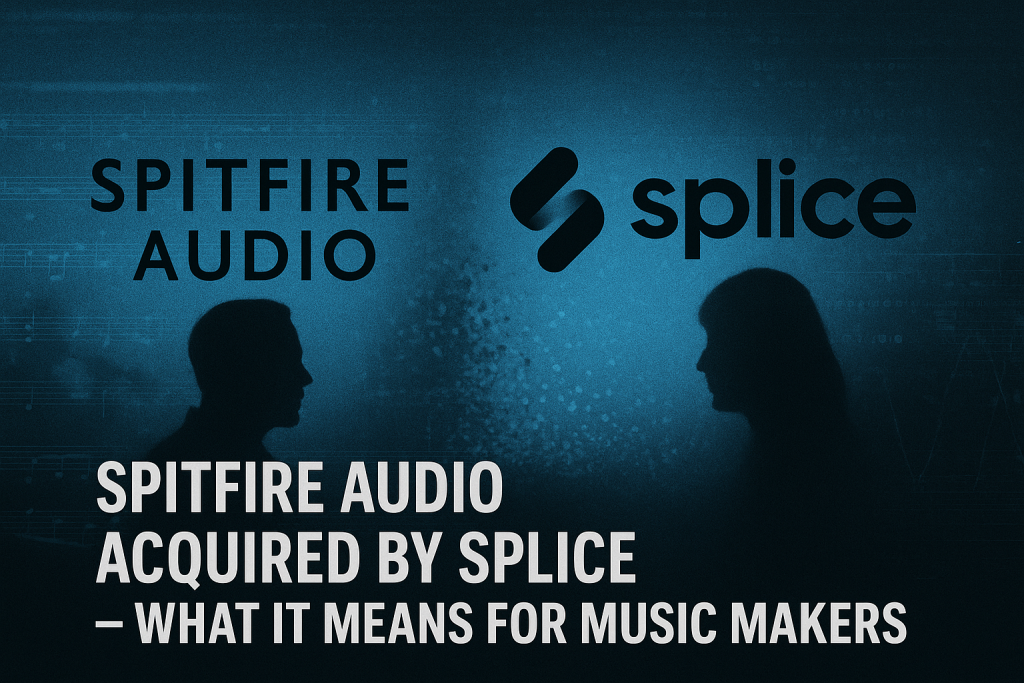



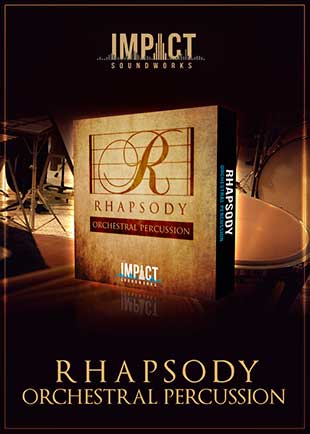

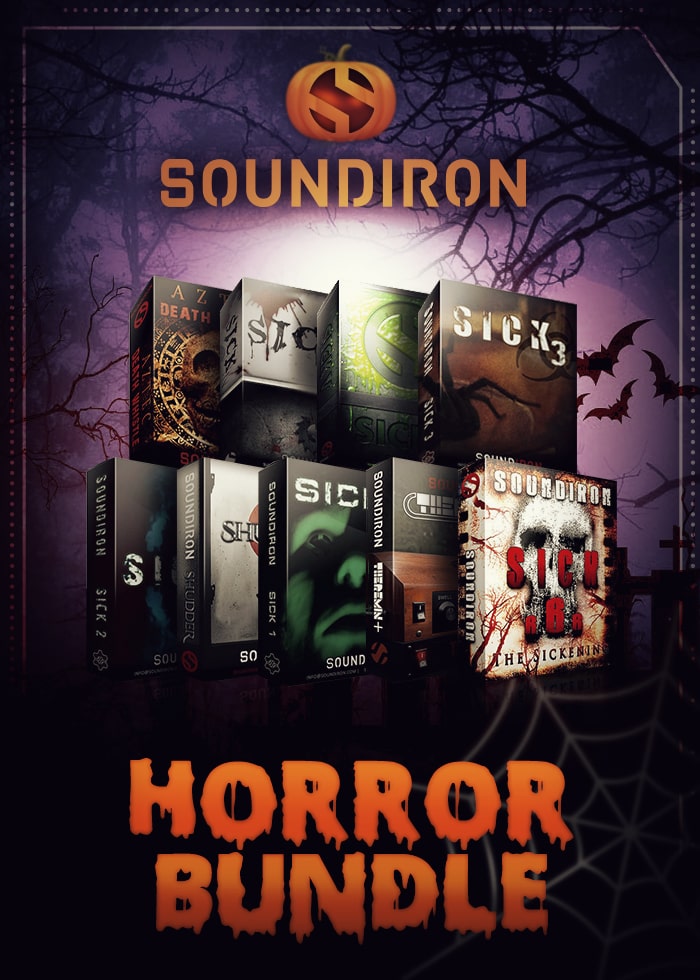

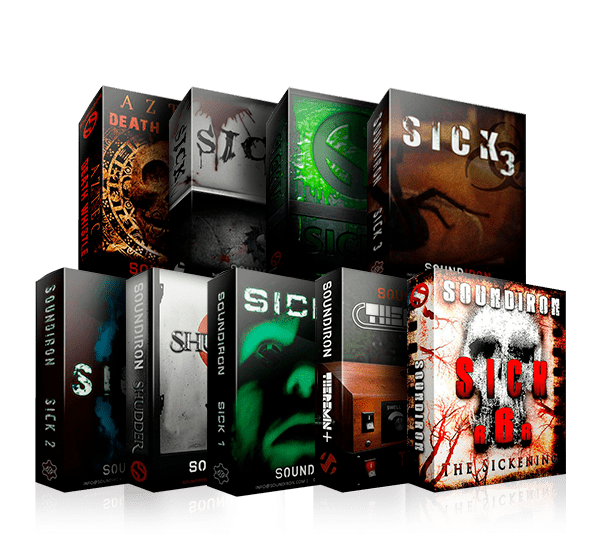




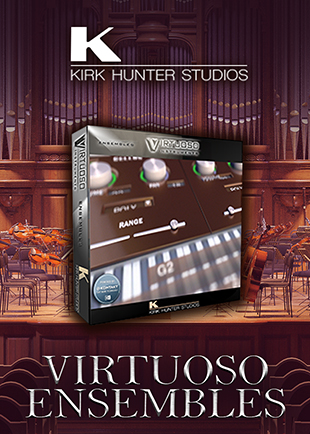




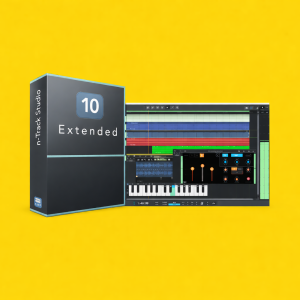
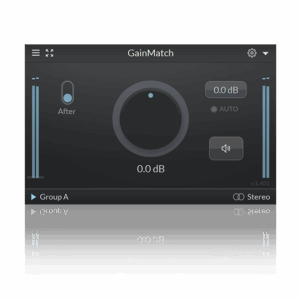

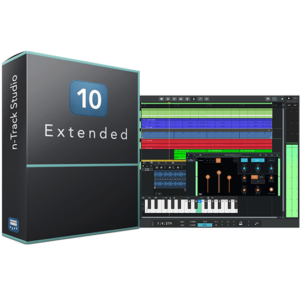
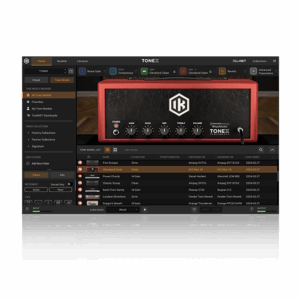
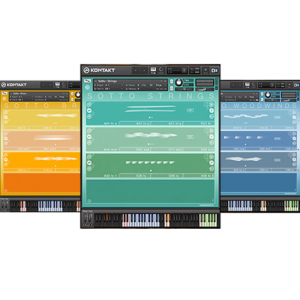
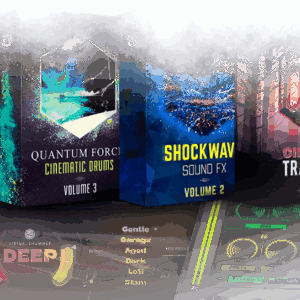

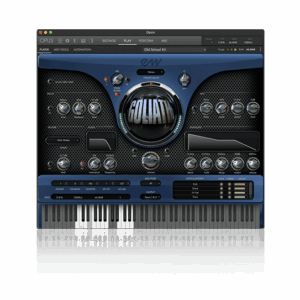
![Earthbeat x[]](https://audioplugin.deals/wp-content/uploads/2026/02/Earthbeat-600x6001-1-300x300.jpg)
![HaBEATat Bundle x[]](https://audioplugin.deals/wp-content/uploads/2026/02/HaBEATat_Bundle-600x6001-1-300x300.jpg)
13 Responses
Build Bigger and Better, the only Fear is Fear itself. Every Composer’s Creativity belongs to themselves despite what the Software Authors (believe-hope) that create AI thus challenging Musical ownership Rights!
Selah
I’m not too into AI outside of using it for mundane tasks (mostly organization), but it’ll be interesting to see how this unfolds. I just hope the creators and IP are considered in whatever gets rolled out.
Wow, lots of questions! From a finance and investments perspective, my expectations are a little bleak, but pretty straight-forward.
As far as the composing industry is concerned, AI is coming along, and coming along fast — to replace musicians and composers wherever humanly possible. It’s just math: AI’s don’t ask for remuneration for their work, and people must. As soon as an AI can do the job suitably so the end-listener tolerates it, no one will pay for music wholly produced by a person (revenue-attracting performers and those modifying AI music excepted, of course).
As for perpetual products, rent-to-own and subscriptions are also coming, and coming fast — to replace the ever-less profitable perpetual licenses being offered in the ever-more-competitive market today. As soon as the industry can get the consumer base to tolerate the more expensive installment-based offerings, or the “hold your workflow hostage” subscription offerings, that is all that will be offered. Why would they want to spend additional advertising and customer-support money to attract and secure new customers, when they can keep selling the same products to the customers they already have, over and over again? Again, simple math.
As for customer service, this could be replaced by robo-support options that are being developed today — so, a consumer will not likely be able to reach a real person. Again, robots don’t ask for salaries or wages, and people do.
In short, any decision that can be invented to shed human personnel or real property from the merged company (especially without risking the ongoing viability of the business), there’s every sensible reason to expect it to be seriously considered at some point down the line.
There is also the ever-present risk that mergers often fail due to mismatches in the corporate cultures of the individual companies, but the only effect I think we’d see as consumers is perhaps a lethargic product release schedule.
That’s basically it for the bad news.
The good news is that, they may surprise us by not simply responding to obvious incentives, and instead continue offering quality service and perpetual licenses. Either way, if all goes well, the merged company should be able to combine their technologies and individual recording experiences to offer better products, and perhaps more often! It would be nice to see more new instruments from Spitfire, for sure!
Cheers!
“Bad money drives out good”, a.k.a. Gresham’s law. Always works the same way, always produces the same result.
https://www.youtube.com/watch?v=5xr75kdAsHE&t=503s
I’m a seasoned must Producer in dance music Strictly Underground records since 1988. I personally don’t use Splice although it’s intruding to me. I still do all my beats and breaks myself and prefer to be out of the box when im trying to create music rather than following a worn path of loops and samples which is never a fun route for me in my creative endeavours.
I do own all the spitfire plugins available via Universal Audios LUNA as well as many other orchestral libraries from East West and alike and I don’t feel this merger would effect either side negatively.
To put it simply in a remix of the term “It ain’t what you have it’s the way that you use it’ This has always been my mantra and there are many ways to be creative so opening up access can’t really be a bad thing per say.
As for AI, I personally feel the same again in that it’s a new tool to use in order to reach your creative goals but there is limits to what being a creative person is vs clicking a button and having a computer compose the whole song for you and thats the current art vs non art arguments in circulation everywhere.
In the end music will no doubt go the way of all other things that are opened up to the masses; it will become trivial and no one will be bothered or interested in it as the magic and creativity that once was so important to create it will become trivial and talentless to create; but that’s progress, its happening all the time you can’t fight it you just have to try and stay ahead of it and use it to your own advantage where you can.
What a load of cynical, waffly bollocks in the interview.
Will Spitfire continue working on Linux? One of their updates affected the update tool. After that, I need to minimize-unminimize or shade-unshade the update window only to redraw the screen. Fortunately, this didn’t affect the actual plugins. Since that time, I stopped updating their plugins and haven’t opened the update tool.
This collaboration means they might force an update or the plugins will just stop working! So, if you are on Linux or not, you’d better find a way or a person to disable the internet connection for the Spitfire plugins, or they may stop working at any time.
I was thinking if I should purchase some of their cheap plugins (that cost 29$), but after this change, I’d better try something else.
“This collaboration means they might force an update or the plugins will just stop working!”
I was just doing a little back up myself to an offline machine. I’m not a huge fan of forced updates. Had it happen once, was able to recover quickly, but after that, I’ve always kept an offline machine, just incase. Especially with plugins tied a lot of projects.
How to kill a golden goose ? Everyone knows this – slow poison.
Oh, what an analogy. A friend of mine would say…”Please don’t kill the baby”
Interesting. Spitfire libraries are mainly for professional composers but most pros won’t use sample loops because of potential copyright problems.. I’m just gonna stand back and watch the fallout 🤣
You’re right. Outside of a percussions or some drums, I can’t of any composers that use pre-made melodic loops either.